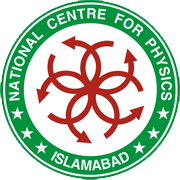May 25 - 27, 2015
The high energy particle detectors play a key role in exploration of the standard model physics and beyond. In order to explore physics at the TeV scale, sophisticated detectors are required to measure particle’s position, momentum and energy precisely. Compact Muon Solenoid (CMS) is one of the general purpose detectors at the Large Hadron Collider (LHC). As a result of high energy collisions, the enormous amount of particle flux (~1034 cm-2s-1) is produced in the inner-most part of the CMS detector. Therefore, the silicon tracker is ideal to use as an inner detector due to its high resolution and precision measurement. The High Luminosity LHC (HL-LHC), a luminosity upgrade of the LHC in year 2023, is planned to reach its ultimate luminosity goal of 5x1035 cm-2s-1. At such a high luminosity, the CMS detector requires a major upgrade also in its inner-tracking system. The Experimental High Energy Physics group at NCP is also contributing in the CMS tracker 2023 upgrade. Along with the R&D efforts, the group is also interested for a laboratory setup to assemble tracker modules.
Purpose
The aim of the activity is to provide a platform to the people working in the field of semiconductor detectors to collaborate with each other by sharing their knowledge and experience. It will also provide an opportunity to students to understand the basic principles and applications of silicon tracking detectors in high energy physics and related topics. The workshop is also useful for the researchers working in other tracking detectors such as Resistive Plate Chambers (RPCs) and Gas Electron Multiplier (GEM). The international and local speakers from CERN and different universities/Institutes of Pakistan, will present their work related to the subject in focus.
Topics
During the workshop we plan to cover the following topics:
- CMS Tracker Detector
- Semiconductor Detectors: Principles and its Applications
- Physics of Diamond Detectors
- Physics of Silicon Detectors
- The CMS pixel detector and its performance
- The CMS strip detector and its performance
- The ATLAS tracker and its performance
- Phase-2 upgrade of CMS tracker
- Resistive Plate Chambers (RPC)
- Gas Electron Multiplier Detectors (GEM)
Directors
| Hafeez R. Hoorani (NCP, Pakistan) | Ashfaq Ahmad (NCP, Pakistan) |
Organizers
| Riffat M. Qureshi (NCP, Pakistan) | Muhammad Ahmad (NCP, Pakistan) | Imran Malik Awan (NCP, Pakistan) |
| Rabia Rasheed (NCP, Pakistan) | Naveed Imran (NCP, Pakistan) |
Invited Speakers
| Dmitri Tsybychev (SUNY, USA) | Moritz Guthoff (CERN) | Georg Auzinger (CERN) |
| Viktor Veszpremi (MTA, Hungary) | Tomas Hreus (Zurich, Switzerland) | Hafeez R. Hoorani (NCP) |
| Ashfaq Ahmad (NCP) | Muhammad Irfan Asghar (NCP) | Arshad Saleem Bhatti (COMSATS) |
| Umar Saeed Qureshi (QAU) | Muhammad Asghar Hashmi (IUB) | Muhammad Usman (EPD, NCP) |
| Shaukat Hameed Khan (COMSTECH) |
Format
The workshop cover some basic introductory lectures on Silicon detectors as well as plenary lectures about the CMS/ATLAS/ALICE semiconductor trackers and its upgrade. Detailed information can be found on the activity website: http://www.ncp.edu.pk/wtdhep-2015.php
Participation
Students of M.Sc, MS, M.Phil, Ph.D and Scientist of Academic and R&D organizations who are working or intend to work in the field of particle detectors can apply. A total of 60 participants will be invited from all over the country to attend this workshop. There is no registration fee.
How to Apply
For online application form, click here. Submit online application form not later than May 12, 2015.
Selected Participants
To view the list of selected participants, click here.
Scientific Program
To download the program, click here.
Workshop Poster
To download the brochure, click here.

For Further Queries, Please Contact: Collaborations & Academic Activities Department (CAAD) National Centre for Physics, Shahdra Valley Road, Islamabad, Pakistan Tel: +92-51-2077337, +92-51-2077350, +92-51-2077363 Fax: +92-51-2077342 E-mail: Website: www.ncp.edu.pk
